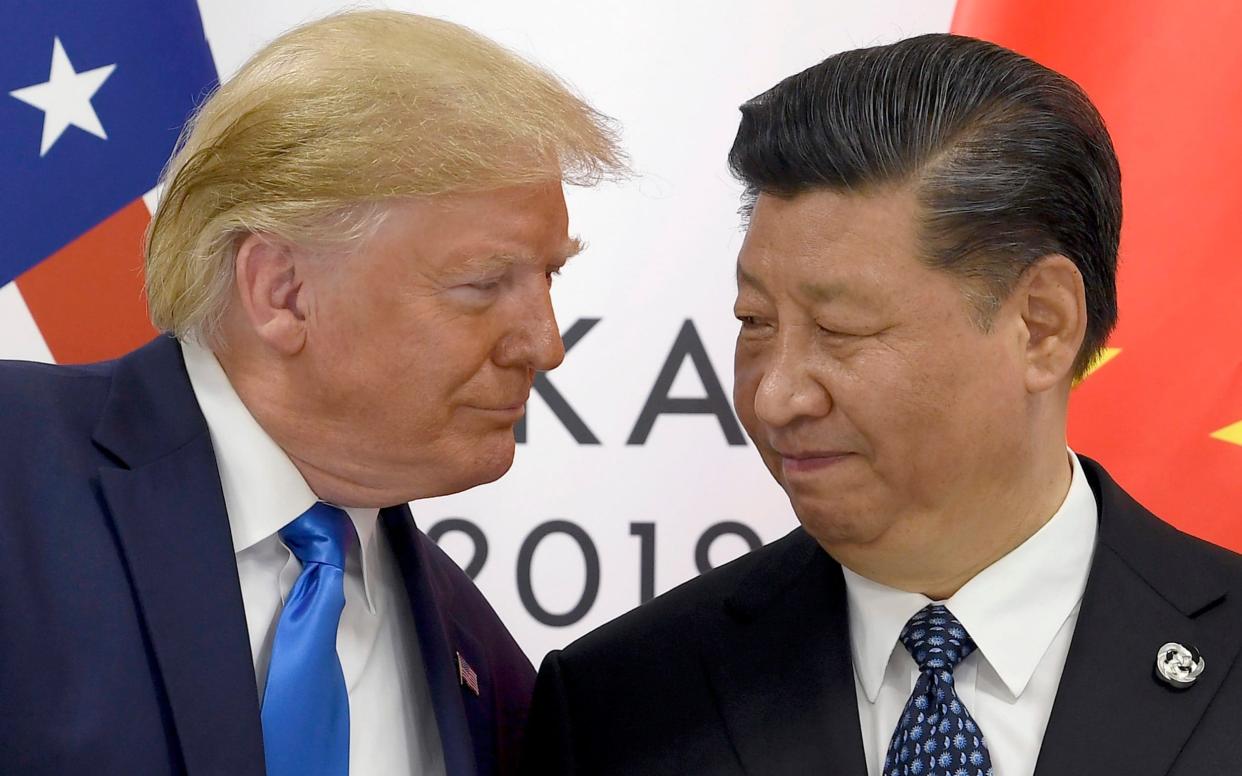China: A New World Order review - A worrying portrait of the country's formidable regime

If it’s not FIFA, it’s the IOC. Just like Russia’s World Cup last year, it was a major sporting event that brought China in from the cold to present a human face to a suspicious world. Equally significantly, the 2008 Beijing Olympics allowed Games organiser Xi Jinping to consolidate his position as front-runner for Communist Party General Secretary, which he assumed four years later. China: A New World Order (BBC Two) began its superb three-part overview of a six-year reign with a chilling summation of both China’s human rights abuses, and the deafening silence in response to them.
Xi’s administration started promisingly, with a canny and overdue initiative to crack down on endemic corruption, although double standards soon emerged and “corruption” started to sound like a euphemism for political opposition when human-rights lawyers and booksellers were jailed. The personal testimonies underscored the point, from the anti-corruption campaigner imprisoned merely for shouting out the party’s pledges too pointedly to the woman who, despite evidence of dishonest testimony, still awaits her husband’s release from prison on bribery charges.
And then there were the Muslim ethnic minority Uighur, brutally punished for the terror attacks of a few extremist separatists (a Jihad flag in Tiananmen Square being a very bad look for a regime obsessed with control). Watching a Uighur mother weeping about her exile in Turkey while her children were placed in state orphanages, was harrowing, and far from an isolated example. An estimated one million people are now interned, either forcibly in re-education camps, or voluntarily in “vocational training institutions” where they sing If You’re Happy and You Know It, depending on your perspective.
The Chinese government denied this in a postscript. Even if they did confess, you’d be waiting the duration of the Zhou dynasty for any censure from the Western powers, China’s economic power having apparently exempted it from direct criticism. “We raise these issues with the Chinese government when we see them,” explained Jeremy Hunt. “If we talk too loudly and publicly about our human rights concerns we will just lose access to senior people in the Chinese government and then we won’t be able to do any good at all.”
But as Hong Kong continues to erupt, the line between pragmatism and complicity grows ever thinner. Soft power has seldom sounded so soft although, with democratic norms now being trampled in so many supposedly enlightened countries, who are we to preach?

